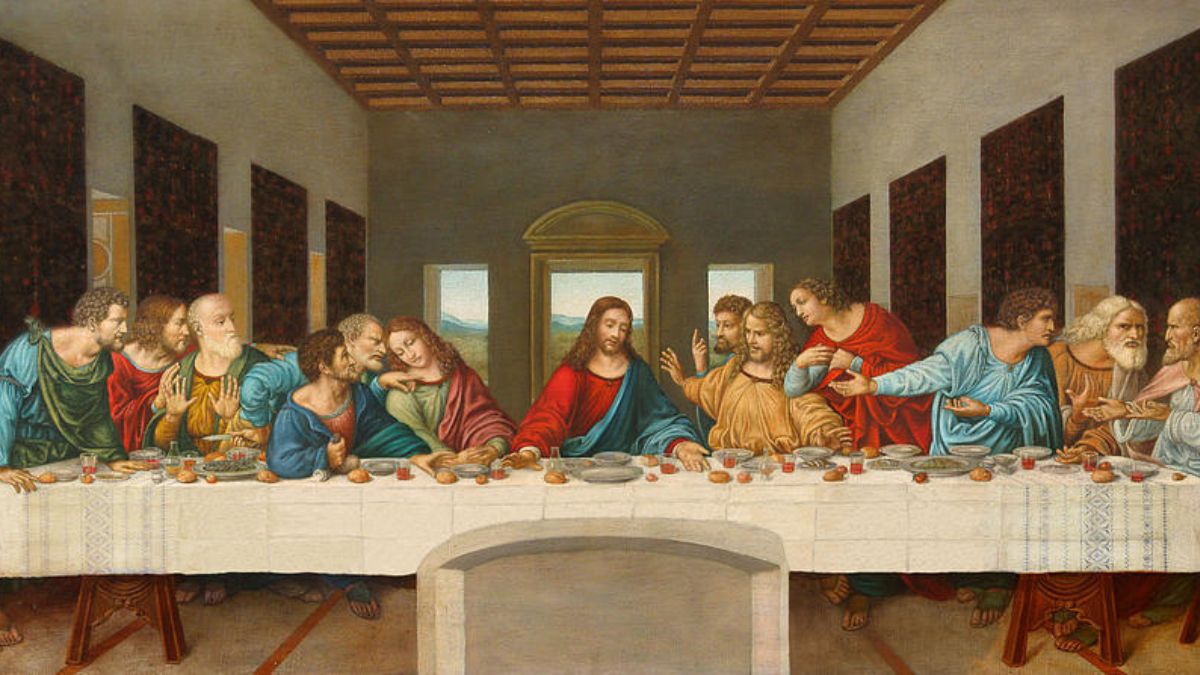

BreakPoint
Potato Salad, Ants, and Freedom
Throughout all of history, the sight of a squad of armed soldiers struck fear into the hearts of civilians. From time immemorial, soldiers almost always meant an orgy of looting, pillage, rape, and even murder. This was certainly the case at the end of World War II. Historian Stephen Ambrose, writing in the Wall Street Journal, notes that, at the end of war, "The most terrifying sight to most civilians was a squad of armed teenage boys in uniform." Whether it was the Red Army in Warsaw, the Japanese in Manila, the Germans in Holland, or the French in Austria, this sight usually meant trouble. However, there was an exception to this tragic rule. Ambrose writes that "Everywhere in the world, whether in France, Belgium, the Philippines, Germany, or Japan, the sight of a 12-man squad of GIs brought joy to peoples' hearts." Why? "Because the sight of those American kids meant cigarettes, candy, c-rations, and freedom. They had come not to conquer or terrorize but to liberate." What made these soldiers so different, even from their European counterparts who share a common western and Christian heritage? What made them different was a commitment to and love for a set of ideals. What were these ideals? They were the classic ideals of the American founding. Unlike other nations, American identity isn't based on ethnicity. It's based on a moral proposition. This proposition comes straight from the faded and yellowed document whose promulgation we will celebrate every July fourth: the Declaration of Independence. "We hold these truths to be self-evident . . . that all men are created equal and are endowed by their Creator with certain unalienable rights, among them being the right to life, liberty, and the pursuit of happiness." This is what being an American meant to those GIs. And this belief, in turn, shaped the way they treated civilians—even in enemy countries. After all, how can you terrorize men and women if you believe that life and liberty are everyone's patrimony? Unfortunately, in the past twenty years, we have seen many Americans turn their backs on the principles contained in the Declaration of Independence. Our nation has begun to systematically exclude entire classes of people from its guarantees. We've excluded the unborn. We've excluded people with handicaps such as Downs Syndrome. And, through physician-assisted suicide, we're beginning to exclude the elderly and the infirmed. If we continue down this road, I've got to ask myself: Will American GIs in some future conflict be as welcome as those kids who liberated Europe after World War II? Will they have the same respect and compassion for innocent men, women, and children? It's something to think about as we celebrate the Fourth of July. If you're like most Americans, the Fourth is a day for fireworks, cookouts, and brushing ants off your potato salad.But as you crank up the barbecue and celebrate the holiday with your friends next Fourth of July, take a moment to discuss the moral truths that lie behind the fireworks and cookouts. Because without those truths, Independence Day is as incomplete as a hot dog without mustard.
04/9/05















